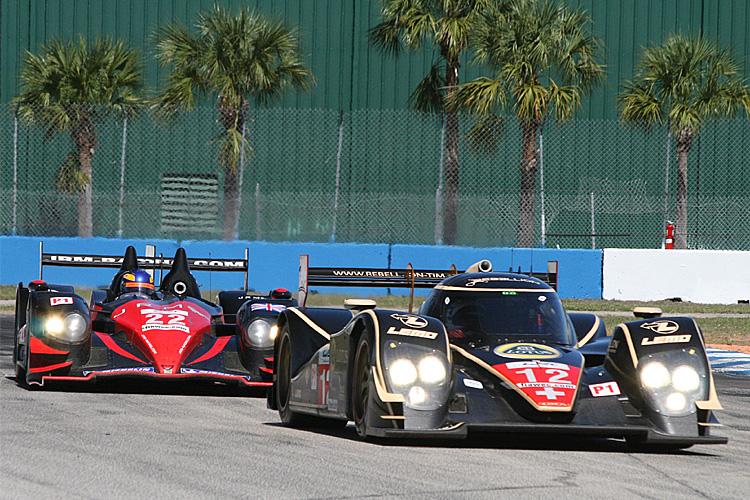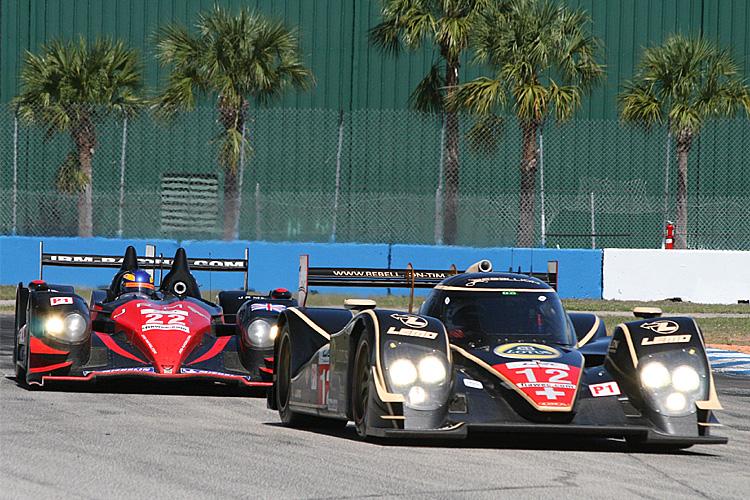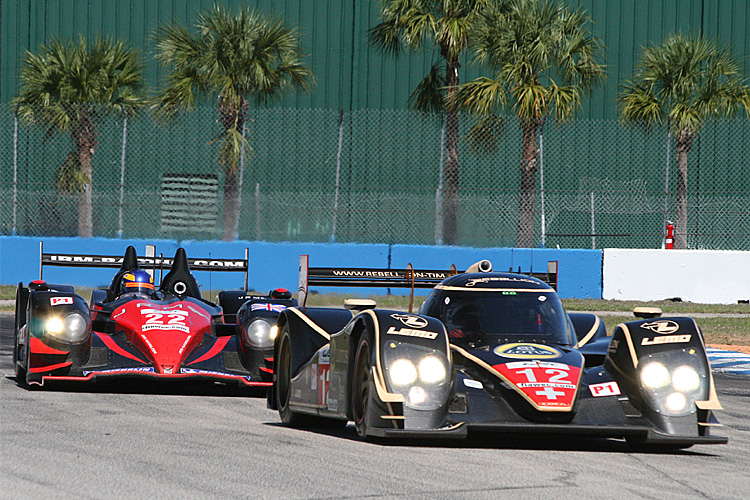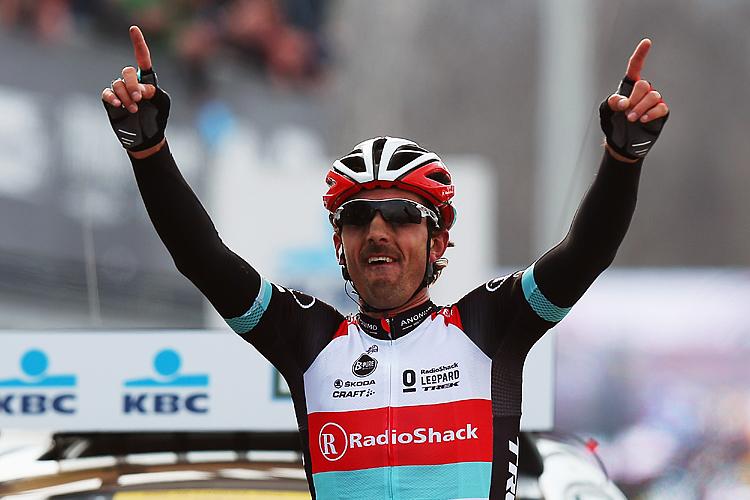The Automobile Club de l‘Ouste and Federation Internationale de l’Automobile have released the 2014 regulations for the top class of racing sports cars, Le Mans Prototype 1.
The new cars must be closed, will be narrower and lighter than existing cars, and must have improved outward visibility. Wheel tethers and a rear crash structure will improve safety. The biggest changes, though, will be in the engine compartment.
Factory-entered cars are free to run any four-stroke piston engine; displacement and configuration are free. Private entrants are limited to 5.5 liter engines. Turbocharger boost is an extremely high four atmospheres; fuel injection pressure is unlimited. Gasoline, gas/alcohol, and diesel fuel is permitted, and other energy sources (hydrogen and all-electric are mentioned) will be admitted on a case-by-case basis.
The new rules mandate energy recovery systems for factory-funded efforts, while privateer entries do not need them.
The biggest change is a focus on energy consumption. Cars will be limited to a specific volume of fuel per lap; the more energy recovery, the less fuel allowed. ACO is hoping for an energy use reduction of almost 30 percent.
Fuel flow will be measured with an homologated fuel-flow meter.
This chart show the various fuel allocations for one lap at Le Mans, for cars with and without ERS systems:
| 2014 LMP1 Regulations—Fuel and Energy | |||||
|
| Private teams only | All teams | |||
|
| non hybrids | hybrids | |||
| Energy Recover | 0 MJ | 2 MJ | 4 MJ | 6 MJ | 8 MJ |
| Weight | 830 kg | 850 kg | |||
| Fuel allocation per lap | 4,95 L/lap | 4,8 L/lap | 4,65 L/lap | 4,50 L/lap | 4,42 L/lap |
| Fuel consumption reduction | 22% | 24% | 27% | 28% | 19% |
| Fuel tank | 64,4 L | 64,4 L | |||
| Diesel allocation L/lap | 3,99 L/lap | 3,93 L/lap | 3,81 L/lap | 3,68 L/lap | 3,56 L/lap |
| Fuel consumption reduction | 25% | 28% | 30% | 32% | 24% |
| Diesel fuel tank | 53,3 L | 53,3 L | |||






